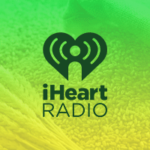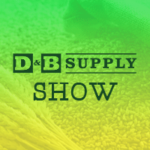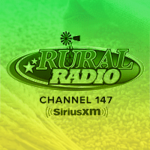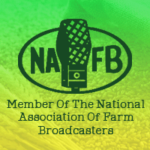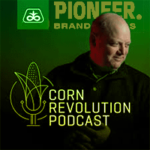Tue, 29 March 2022
I just found out that irrigation will not begin for surface water users in my area until April 22nd this year. Citing repeated drought, the Boise Project Board Of Control announced that canals would not begin filling until April 18th, and the earliest that anyone would be irrigating would be the 22nd. Also, we are starting out the season with an allotment. Normally, we do not begin the season with a restriction on how much water that we can use other than what we have in our accounts. Usually, as water in the reservoirs starts dropping an allotment is declared. This generally takes place sometime in June or maybe even July. However, we are starting the season this way. This means that all irrigators are going to be restricted to using no more than 1.20 acre feet of water per acre on their ground for this season. This is a low allotment, and it is designed to get farmers all the way through the growing season. However, these restrictions definitely impact the decisions that farmers will make for the year. If you have been watching the news out of the Central Valley of California, you will see that a lot of acres, especially on the west side of the Central Valley in places like Fresno and Kings Counties, will go uncultivated this year. Farmers there are dealing with greater hardships than us in Idaho, and they have to forgo planting seasonal crops so that they can save the water that would be needed on those fields for their permanent crops like almonds, grapes and fruit trees. Here in Idaho, what I expect to see happen is less acres of water thirsty crops like corn being grown and more short season crops like wheat being planted. I suspect that the farmers who can buy water from other people might not alter their rotations. However, those that cannot may have to. With that said, I expect the price of wheat to be up if the conflict in the Ukraine continues, maybe that will act as a hedge for farmers who are forced to plant more acres of wheat than they anticipated. I consider myself to be in a good position. If you've been listening to me since 2015 you will know that one of the ways that we put in the necessary infrastructure on our farm was to do a cost share with the NRCS through their EQIP program. That has been nine years ago now, and it has only been a positive, we never endured any negative consequences from it. One of things that came out of that program is that our entire place is irrigated by sprinklers now. And over time we have progressed from rented sprinkler pipe, to wheel lines to irrigation pods. We have become progressively more and more water efficient, which means that we have yet to use all of our allotted water in a season. And, this allows us to "carry over" some water from one season to the next. So, I am very grateful that we made that move. Irrigation is now easier, and it allows us to really save water throughout the year to get us through. However, if there is no water available it does us no good. And, if irrigation water gets shut off very early this year, than it will not matter what manner of delivery that we use, we will be unable to irrigate either way. So, as a hedge I am going to purchase some extra hay, early in the season, and hope that I don't have to start feeding in September. However, I am fully prepared for that to be the reality that I am facing. More Places You Can Listen to Off-Farm Income And Matt Brechwald:
Direct download: OFI_1344_Tuesday_Episode_-_32822_6.54_PM.mp3
Category:farming -- posted at: 12:30am MDT |
Off-Farm Income

Categories
generalfarming
FFA
rural crime
vicuna
Agricultural Colleges
Archives
AprilMarch
February
January
December
November
October
September
August
July
June
May
April
March
February
January
December
November
October
September
August
July
June
May
April
March
February
January
December
November
October
September
August
July
June
May
April
March
February
January
December
November
October
September
August
July
June
May
April
March
February
January
December
November
October
September
August
July
June
May
April
March
February
January
December
November
October
September
August
July
June
May
April
March
February
January
December
November
October
September
August
July
June
May
April
March
February
January
December
November
October
September
August
July
June
May
April
March
February
January
December
November
October
September
August
July
June
May
April
March
February
January
December
November
| S | M | T | W | T | F | S |
|---|---|---|---|---|---|---|
| 1 | 2 | 3 | 4 | 5 | ||
| 6 | 7 | 8 | 9 | 10 | 11 | 12 |
| 13 | 14 | 15 | 16 | 17 | 18 | 19 |
| 20 | 21 | 22 | 23 | 24 | 25 | 26 |
| 27 | 28 | 29 | 30 | 31 | ||
Syndication

